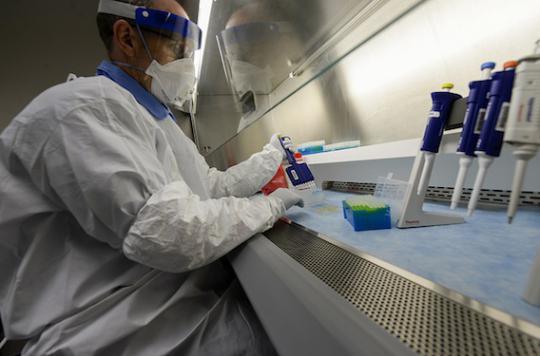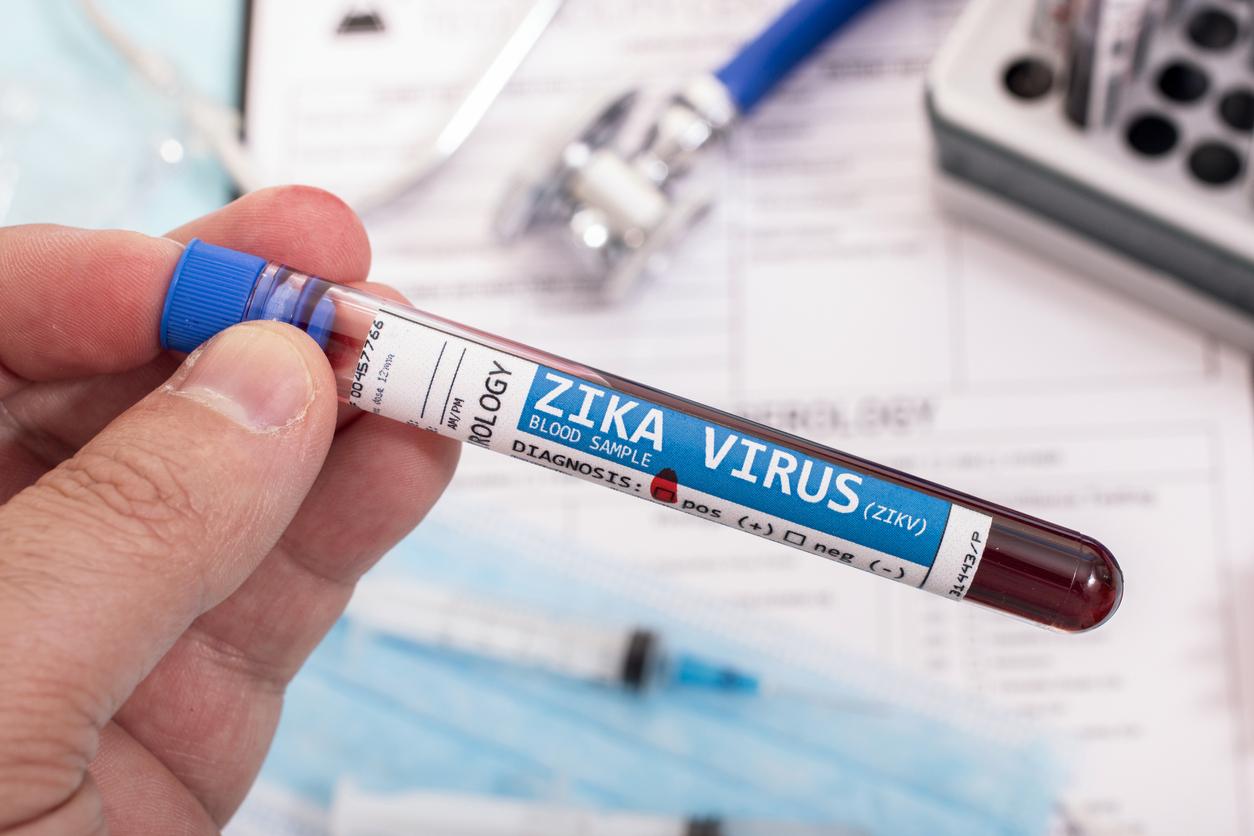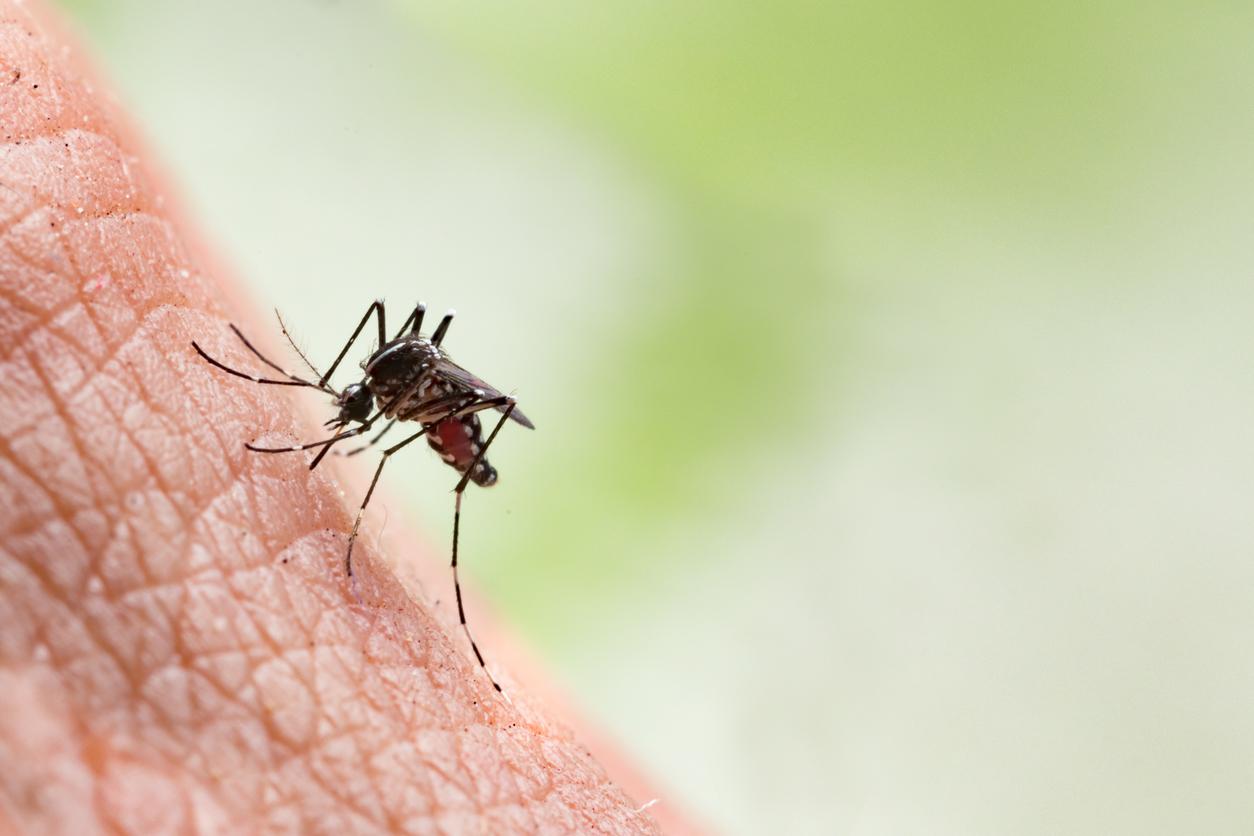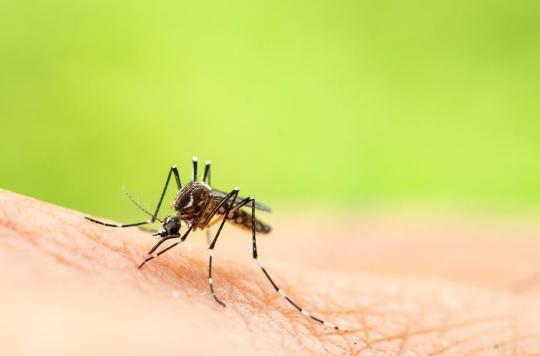A dewormer used to fight tapeworms is believed to be able to block the replication of the Zika virus in human neuronal cells.

The fight against the Zika virus is taking a new turn. American researchers have identified 3 molecules capable of blocking its replication and of protecting the cells targeted by this virus. Among them, a drug already used against tapeworms is presented as a very effective treatment. A encouraging discovery presented this Monday in Nature Medicine.
“It takes years, even decades, to develop a drug. But in a health crisis, we don’t have that time, says Hongjun Song, director of the stem cell research program at the Institute of Cell Engineering at Johns Hopkins. “So instead of using new molecules, we chose to test existing drugs,” adds Professor Guo-li Ming, professor of neurology at Johns Hopkins University School of Medicine. In this way, we hope to find a treatment much faster. “
6,000 molecules tested
In collaboration with the University of Florida and the American Institutes of Health (NIH), the researchers then exposed cultures of human neuronal cells to the Zika virus and to 6,000 different drugs. When cells are infected with this virus, they are doomed to die very quickly. So, to assess the effectiveness of the drugs, the research team measured the cell death rate. In this way, scientists were able to eliminate ineffective molecules, or on the contrary to highlight those giving rise to therapeutic hope.
Further analysis has shown that effective drugs can be divided into two classes: those with a neuroprotective role preventing cell death and antiviral molecules capable of hindering or interrupting the progression of Zika virus in neuronal cells.
At the end of the experiments, 3 drugs showed strong efficacy: the experimental antiviral molecule PHA-690509, emricasan still subjected to clinical trials for the treatment of hepatitis C, and a dewormer, niclosamide, used since long to fight intestinal parasitic infections, especially tapeworms.
Still years of research
However, Dr Song underlines that “these 3 molecules are effective in the laboratory, but nothing says that they will work in the same way in humans”. Indeed, researchers still do not know whether the dewormer can enter the central nervous system of adults or fetuses to treat neuronal cells infected with Zika.
“To find out, additional studies in animals and humans will have to be carried out. It will take several more years before we discover a treatment that works, ”notes Professor Ming, who is preparing with his team to test the 3 drug candidates in animal models.
.

















